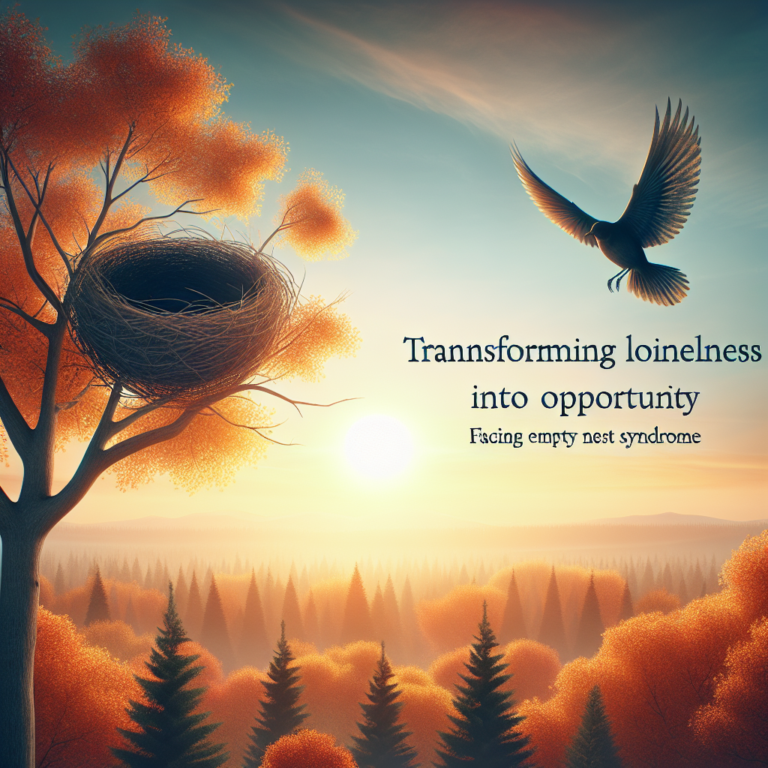
Introduction
When a baby enters the world, they are greeted by more than just the loving arms of their parents; they are enveloped in a universe teeming with sights, sounds, and infinite possibilities. The journey of baby’s life is not just about physical growth; it’s also about cognitive development—the foundation of their future learning, problem-solving, and emotional intelligence. This article, "Nurturing the Newborn Brain: Understanding Infant Cognition," will delve into the extraordinary world of infant cognition, offering insights into how caregivers can engage and support this critical developmental period.
The newborn brain is a marvel, capable of remarkable growth and change in its early months and years. Understanding how to nurture this growth not only empowers parents and caregivers, but also sets the stage for lifelong learning. Join us as we explore vital aspects of this topic, incorporating research findings, case studies, and actionable strategies.
What is Infant Cognition?
Defining Infant Cognition
Infant cognition refers to the mental processes involved in how newborns perceive the world around them. From sensory understanding to recognition of faces and sounds, the newborn’s brain is dynamically wiring itself to interpret and interact with their environment. Research has shown that even at a few weeks old, babies begin to show preferences for certain stimuli—like mother’s voice—indicating that cognitive processes are already at play.
The Neuroscience Behind the Newborn Brain
During the first year of life, the brain develops at an astonishing pace—growing from about 25% of its adult size at birth to approximately 75% by their first birthday. Neurons are forming connections, and the child’s experiences play a crucial role in this process. A nurturing environment can significantly influence this development, impacting everything from emotional regulation to intellectual capability later in life.
Table 1: Key Milestones in Infant Cognitive Development
| Age Range | Cognitive Developments |
|---|---|
| 0-3 Months | Recognition of faces, sounds, and patterns |
| 4-6 Months | Improved memory, object permanence begins |
| 7-12 Months | Problem-solving skills, understanding of cause/effect |
The Role of Environment in Infant Cognition
Creating a Stimulating Environment
When discussing how to nurture the newborn brain, one must consider the environment. A vibrant, engaging environment rich with sensory experiences lays the groundwork for cognitive growth. Sounds—such as lullabies or speech—bright colors, and varied textures all stimulate a baby’s developing mind.
Case Study: The Impact of Sound on Cognitive Development
In a notable study, researchers observed two groups of infants—a control group and a group exposed to enriched soundscapes, which included talks, songs, and various types of music. The results clearly indicated that infants exposed to diverse audio stimuli not only became more adept at responding to sounds but also showed improved memory recall during subsequent tasks.
Relevance: This emphasizes the importance of auditory stimulation in the initial stages of cognitive growth, reinforcing the idea that engaging with infants through sound can nurture their brain development.
The Importance of Attachment and Relationship Building
The bond between a caregiver and an infant plays an essential role in cognitive development. Secure attachment fosters a sense of safety, allowing infants to explore their environment without fear. This exploration is crucial for cognitive growth, as it supports problem-solving and critical thinking skills as the baby grows.
Case Study: The Role of Secure Attachment in Cognitive Maturity
A longitudinal study followed infants demonstrating varying levels of secure attachment to their primary caregivers. Researchers found that those with secure attachments not only exhibited healthier emotional regulation but also performed better in cognitive tasks as toddlers.
Relevance: This affirms that nurturing the newborn brain through relationship-building can pave the way for enhanced cognitive function.
Engaging Activities to Nurture Infant Cognition
Play-Based Learning
Play is one of the most effective methods for nurturing the newborn brain. Even newborns experience play—through simple actions like reaching for a toy or cooing back to a parent. Engaging in age-appropriate play enhances cognitive skills and helps babies learn about cause and effect.
Sensory Play: What You Need to Know
Sensory activities can be incredibly beneficial in nurturing the newborn brain. Examples include:
- Texture Exploration: Providing various soft objects for babies to feel can enhance their sensory processing.
- Visual Stimulation: High-contrast black and white patterns can captivate a newborn’s vision and boost cognitive engagement.
- Sounds: Rattles, bells, or even natural sounds can deeply engage an infant’s auditory senses.
Table 2: Examples of Sensory Play Activities
| Activity Type | Description | Cognitive Benefits |
|---|---|---|
| Tactile Play | Textured toys and fabrics | Enhances sensory processing |
| Visual Stimulation | Black & white cards or patterns | Boosts visual tracking and attention |
| Auditory Play | Sound toys or music | Encourages auditory discrimination |
The Impact of Nutrition on Infant Cognition
Brain Food for Thought
Nutrition plays a critical role in nurturing the newborn brain. Early dietary choices can influence cognitive development significantly. Important nutrients include:
- Omega-3 Fatty Acids: Essential for brain health, found in fish oil and certain seeds.
- Iron: Crucial for cognitive development, found in fortified cereals and meat.
- Choline: Supports memory and cognitive function, found in eggs and leafy greens.
Case Study: Nutrition and Cognitive Development
In a controlled trial examining the dietary habits of infants, researchers found that those receiving a nutrient-rich diet performed better on cognitive assessments—demonstrating stronger memory and problem-solving skills as they advanced into toddlerhood.
Relevance: This highlights the importance of nutrition in nurturing the newborn brain for optimal cognitive functioning.
Understanding the Stages of Cognitive Development
Piaget’s Stages of Development
Jean Piaget, a renowned developmental psychologist, outlined several stages of cognitive development—many of which occur in infancy. Understanding these stages helps caregivers provide appropriate stimulation.
- Sensorimotor Stage (0-2 years): Infants learn through their senses and actions. They explore the world primarily through tactile and auditory stimuli.
- Preoperational Stage (2-7 years): Infants begin to engage in symbolic play and learn to manipulate symbols but lack logical reasoning.
Understanding these stages allows caregivers to adapt their nurturing approaches—making "Nurturing the Newborn Brain: Understanding Infant Cognition" not just a responsibility but a creative endeavor.
Conclusion
Nurturing the newborn brain is not merely an instinct; it’s a pivotal investment in the future of our children. Through rich sensory experiences, strong attachments, nutritious diets, and engaging play, caregivers can lay a robust foundation for cognitive development. As we delve into the complexities of infant cognition, it’s essential to remember that every interaction, every song, every gentle touch contributes to a delightful tapestry of learning.
Armed with this knowledge, caregivers can embark on an inspiring journey of nurturing the newborn brain—ensuring that every baby’s bright potential is not just a dream but a vibrant reality.
FAQs
1. What can I do to promote cognitive development in my newborn?
Engage in sensory activities, provide a nurturing environment, and maintain close eye contact. Speaking and singing to your baby also promotes cognitive engagement.
2. How important is nutrition for brain development?
Nutrition is vital; a well-balanced diet enriched with essential nutrients like Omega-3s, iron, and choline supports healthy brain function and cognitive skills.
3. How does attachment influence cognitive development?
A secure attachment provides a safe base for exploration and learning. Babies who form strong bonds with caregivers often showcase enhanced cognitive and emotional development.
4. What activities can help stimulate my infant’s brain?
Simple activities like reading aloud, playing with blocks, and using sensory toys can all stimulate cognitive development.
5. When should I start engaging with my newborn to enhance their cognition?
From birth, every interaction counts. Talk, sing, and read to your baby to create an inclusive environment that promotes cognitive growth.
This comprehensive article on "Nurturing the Newborn Brain: Understanding Infant Cognition" aims to equip caregivers with the knowledge and strategies to foster an enriched environment conducive to cognitive development. With the right approach, parents can ensure not just growth, but profound capabilities, shaping a more intelligent and emotionally healthy future for their children.

















